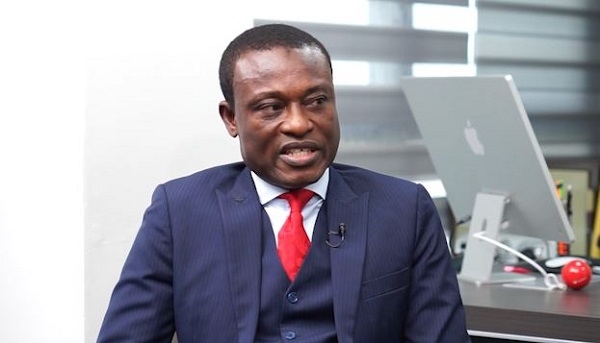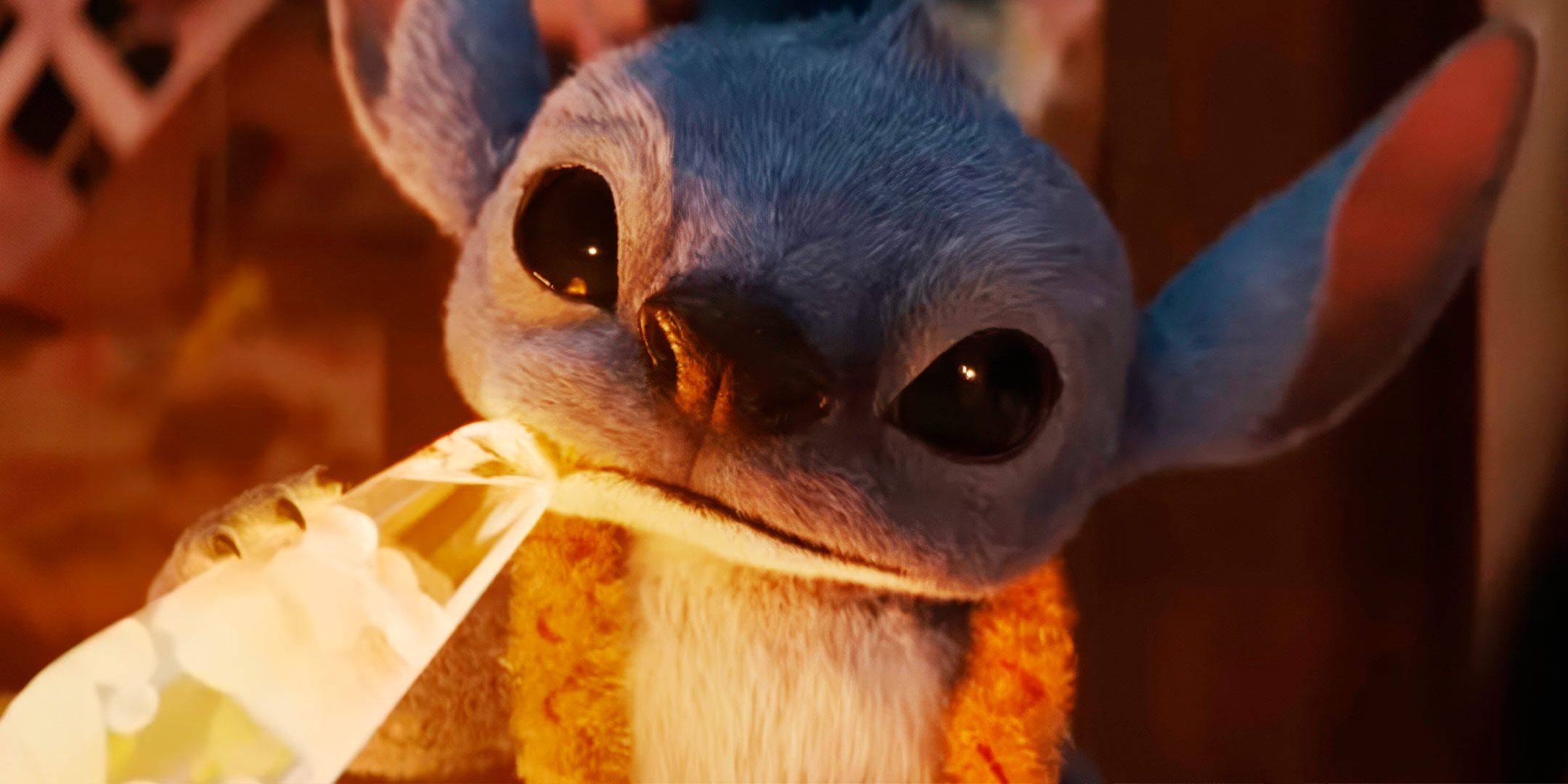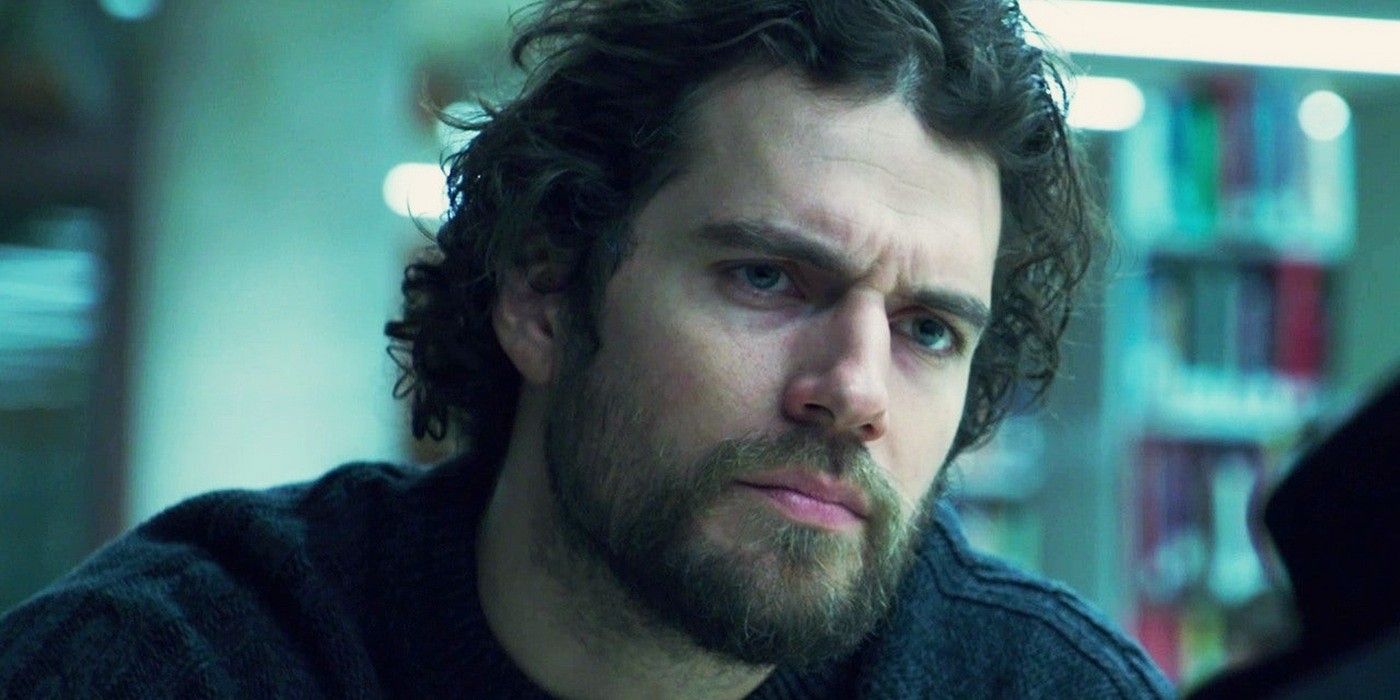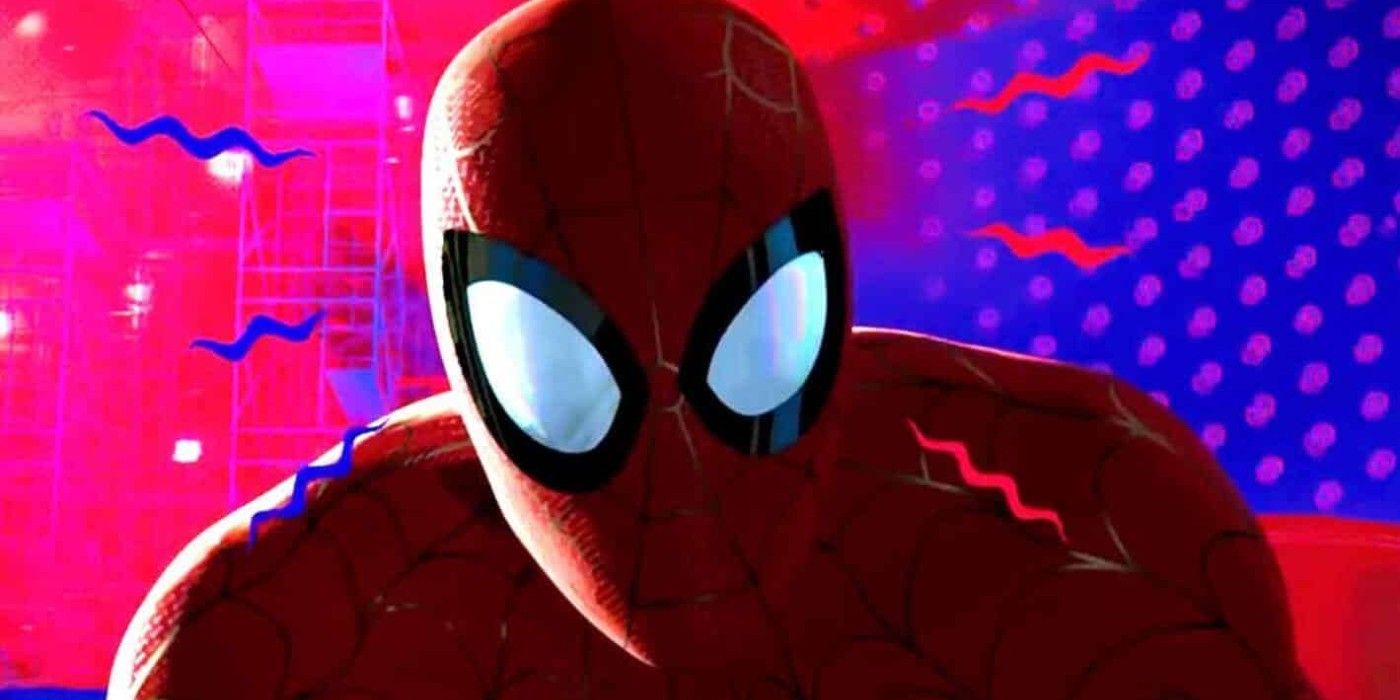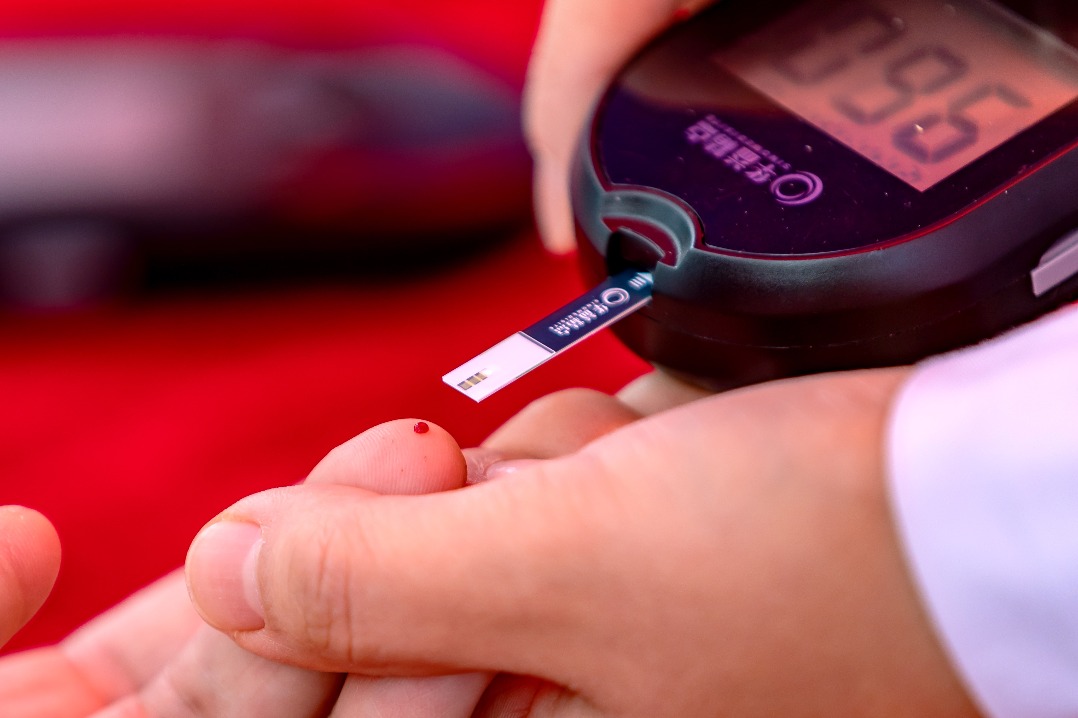Godfather of AI | Philstar.com
Nvidia CEO Jensen Huang is a hugely influential figure in tech and business circles. He is a visionary leader and innovator who is widely considered to be the godfather of AI. In his public appearances, Huang always wears his signature outfit – a black leather jacket, making him look like a rockstar.
Huang not only sat with Trump one-on-one, but he also recently met with world leaders such as UK Prime Minister Keir Starmer and French President Emmanuel Macron. Huang also went to the Middle East to finalize deals with the leaders of Saudi Arabia and the UAE. Nvidia is not only catering to businesses but it is also selling AI processors to countries that are building their own AI infrastructure.
Jensen Huang has a cult-like following that has earned him comparisons to Warren Buffett who attracts thousands of investors in Berkshire Hathaway’s annual meetings. Earlier this month, Huang delivered speeches at London Tech Week and at Nvidia’s GTC developer gathering in Paris. His public appearances have a vibe of a music concert or a sporting event that is full of enthusiastic fans. Attendees at the London Tech Week called him Iron Man, a reference to the superhero who is also a tech billionaire named Tony Stark.
In Taipei, I was able to reserve a slot and finally eat at Jensen Huang’s favorite restaurant. People flock to this restaurant and it took months before a slot became available. Huang is hugely popular in Taiwan which is a country that is prosperous because of its semiconductor production.
People are drawn to Huang’s incredible story and how it has shaped his character and work ethic. Huang was born in Taiwan in 1963. He immigrated to the US as a young boy and grew up in Kentucky and Oregon. In his teenage years, he worked at Denny’s as a dishwasher, busboy and waiter. In his speeches, he recounts, “I used to clean toilets. I’ve cleaned more toilets than all of you combined.” He explained that these early jobs, though modest, taught him the value of discipline, hard work and resilience.
From $600 to $3.5 trillion
In 1993, Huang founded Nvidia with Chris Malachowsky and Curtis Priem while eating at Denny’s. Each co-founder contributed $200 and raised $600 for the company’s initial seed capital. Later, they raised $20 million from investors and venture capitalists. In 1999, Nvidia conducted its initial public offering (IPO) at an offer price of $12 per share, resulting in a market capitalization of $382 million. Due to immense business expansion and explosive earnings growth, Nvidia’s market capitalization has ballooned to $3.5 trillion, making it the second most valuable company in the world behind Microsoft. If one invested $1,000 in Nvidia during its IPO, the investment would now be worth $5.7 million.
Huang loved video games. In the early days of Nvidia, he foresaw that there would be a demand for chips that could display better graphics. However, Nvidia’s first chip, the NV1 which was released in 1995, was a commercial failure. Huang laid off half of the company’s workforce as the company teetered toward bankruptcy. He channeled the company’s remaining funds toward the development of new chips. At one point, the company only had enough money to cover one month of employee salaries. Huang recalled, “Our company is 30 days from going out of business.” In one of his speeches, Huang said, “Greatness comes from character, and character isn’t formed out of smart people. It’s formed out of people who suffered.”
A breakthrough for Nvidia came in 1999 with the launch of the GeForce 256 that was the world’s first graphics processing unit (GPU) which catered to video game enthusiasts. Another milestone was the development of the Compute Unified Device Architecture (CUDA) in 2007 which allowed developers to harness the power of Nvidia’s GPUs beyond graphics rendering. This paved the way for the usage of GPUs for a wider range of general-purpose computational tasks. This consequently laid the foundation for the development of chips that would be used for AI infrastructure worldwide. By the mid-2010s, Nvidia had successfully pivoted from a graphics company to an AI company.
According to ChatGPT, an “iPhone moment” refers to a groundbreaking innovation that fundamentally transforms an industry or the technology landscape. This came with the introduction of the Apple iPhone in 2007 which revolutionized smartphones and sparked a significant shift in consumer behavior. The same phenomenon is occurring today with the growing importance and increasing usage of AI. Huang referred to the release of ChatGPT as the iPhone moment of AI. The breakthrough of AI is comparable to major innovations that catalyzed the industrial revolution such as the introduction of the steam engine, electricity, telegraph and textile machinery.
From his humble beginnings to his rise as a tech titan, Jensen Huang’s life story has captivated techies, investors, business leaders and world leaders. He is leading a technological revolution that is radically changing the world. This is similar to the transformation ushered by the introduction of personal computers, the internet, smartphones and cloud computing. In a previous article, we said that “AI may very well be the major technological leap that will catapult global stock markets and the world economy to new heights (see Conversing with an AI chatbot, June 12, 2023).” The AI revolution is in large part due to the vision, innovation, determination and leadership of Jensen Huang, the godfather of AI.
Philequity Management is the fund manager of the leading mutual funds in the Philippines. Visit www.philequity.net to learn more about Philequity’s managed funds or to view previous articles. For inquiries or to send feedback, please call (02) 8250-8700 or email [email protected].





